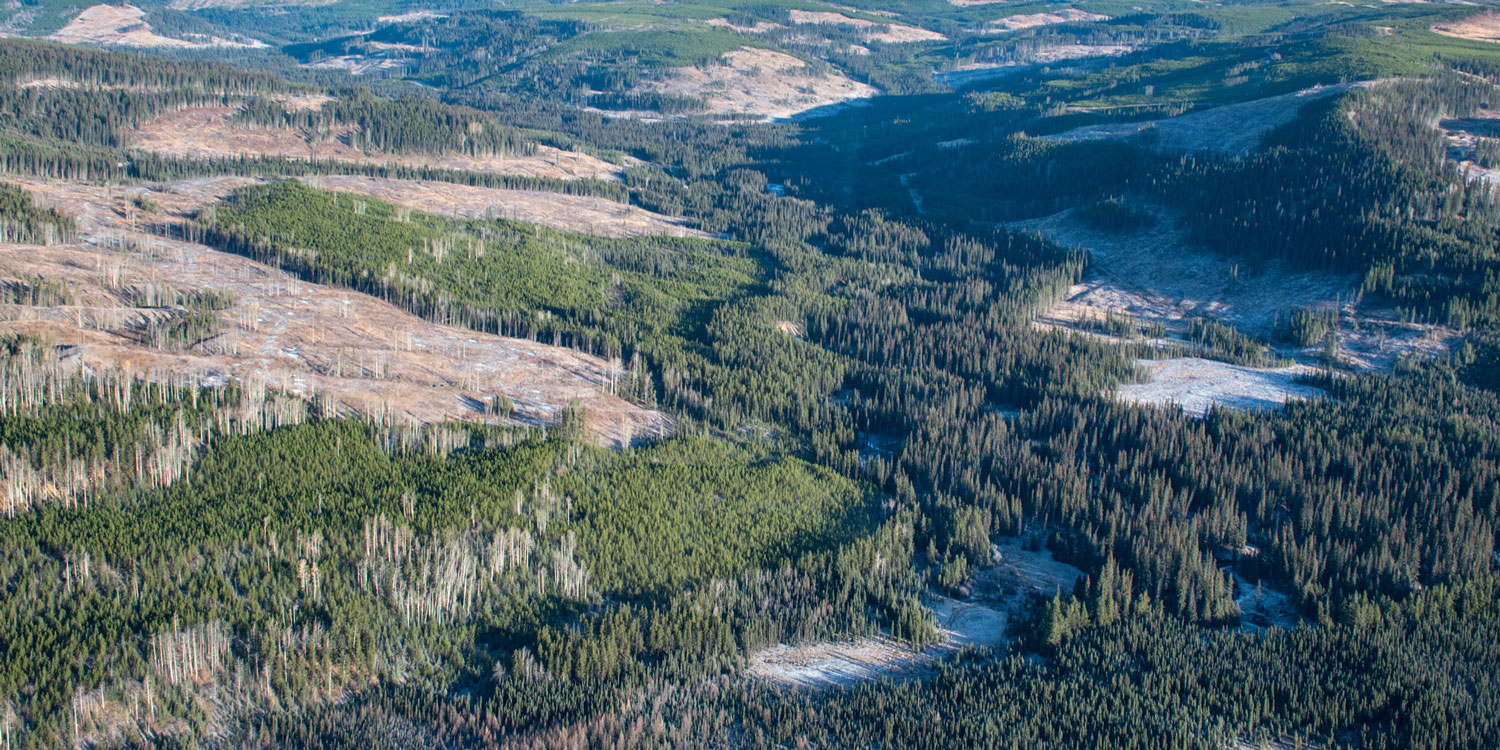Abstract
Designing and implementing aggregated harvest sequences has been identified as a key strategy to reduce the impact of forest harvesting on woodland caribou. This approach aggregates forest harvesting into large patches and aims to emulate natural disturbance patterns, reduce access requirements, and help maintain and create larger patches of intact undisturbed caribou habitat. However, there is a lack of understanding of how the scale of aggregation influences caribou habitat, and what tradeoffs exists between harvest aggregation and other values. In this project, FORCORP Solutions Inc. uses timber supply modelling scenarios to investigate the feasibility and impacts of implementing aggregated harvest scenarios in three of Alberta’s regional caribou planning subregions. They conduct a trade-off scenario analysis using a custom-built modeling environment to quantify how aggregated harvest will affect caribou habitat metrics, other species and values, and socio-economic considerations. This approach has the benefit of a flexible model that allows for the testing of innovative approaches, but importantly, does this in a way that is directly comparable to existing Forest Management Plans. It allows comparisons for non-timber assessments and socio-economic assessments that are part of these plans, providing a greater understanding of aggregated harvest impacts.
Presenter Bio
Logan Purdy has been a Resource Analyst at Forcorp Solutions Inc. for four years, where he has been involved with timber supply modelling, forest management planning, seismic restoration planning in caribou ranges, and growth and yield data collection, management, and analysis. He completed an undergraduate degree in B.Sc. Environmental and Conservation Sciences from the University of Alberta in 2016. He then went on to complete a dual-Masters degree in M.Sc. Conservation and Land Management from Bangor University (Wales) and Master of Forestry (M.F.) from the University of Alberta in 2018.










